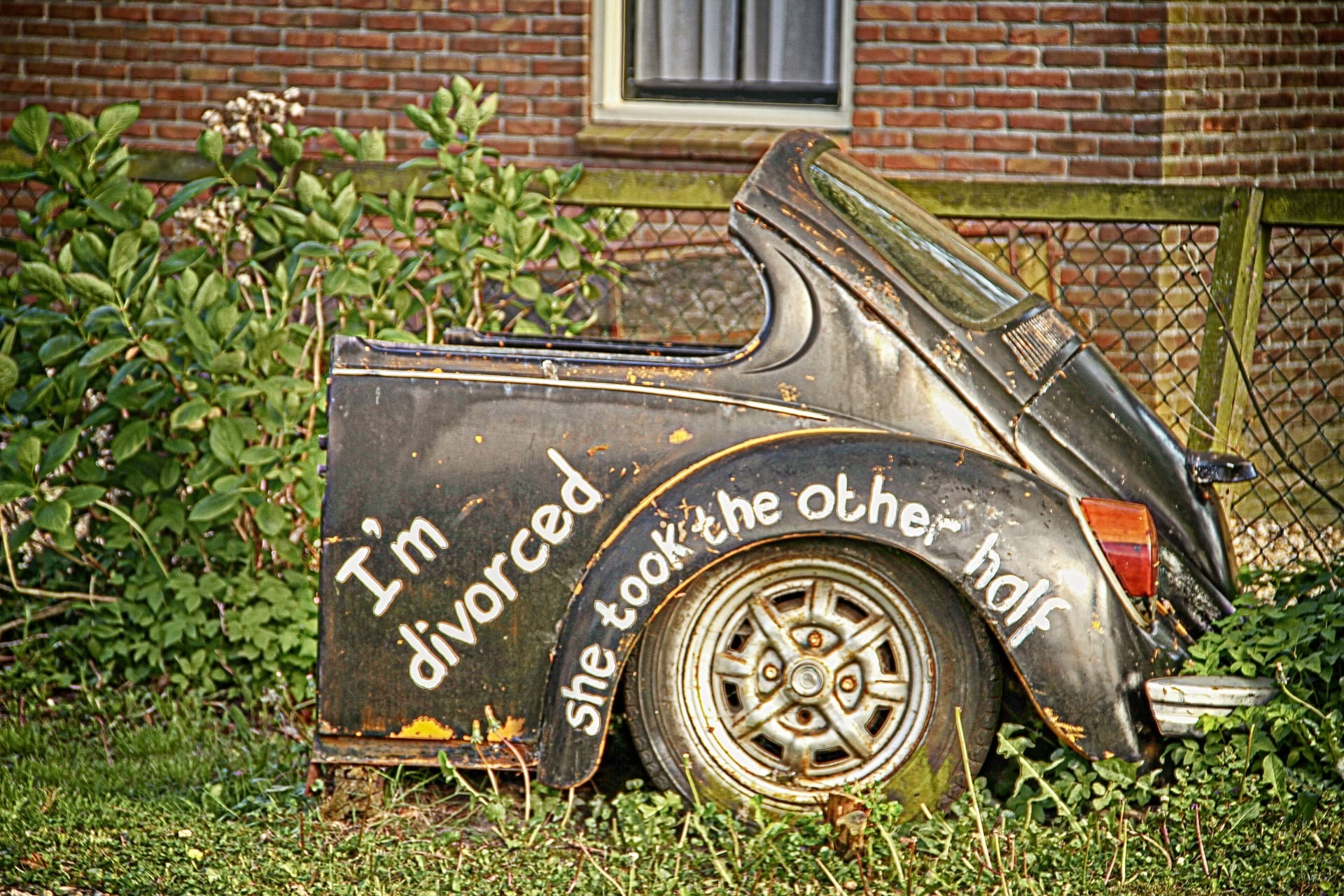
How can marriage or divorce affect your Will?
As the old saying goes, the only sure thing in life is death and taxes.
Having a Will in place can at least help mitigate the emotional stress of the former.
However, it is crucial that any Will is kept up to date with changing personal circumstances.
In this post, we will look at the impact of marriage and divorce on an existing Will.
The impact of marriage on a Will
Preparing to get married is an exciting time (at least that’s how I remember it, 15 years on) that involves lots of planning.
However, it also means that once you are married, any Will that you or your new spouse have in place will automatically be revoked.
Therefore, it is worth sitting down with your partner to review your plans and prepare new Wills. This is particularly important if you intend to leave assets to someone other than each other, e.g. children or grandchildren.
If you do not draw up a new Will after you marry, the rules of intestacy will kick in which means that your assets could be distributed in a way that is not in line with your wishes.
The impact of divorce on a Will
In the case of divorce, your Will will still be valid.
However, if your ex-partner was an executor, then their role will automatically be cancelled.
In addition, your Will would be treated from a technical perspective as if your former spouse had died on the date the decree became absolute. As a result, the rules of intestacy will apply to the share that they would have received.
With that in mind, here are a few factors that you would need to consider:
✔️ Beneficiaries
If your ex-spouse was entitled to any of your estate in your Will, then you will need to appoint new beneficiaries.
✔️ Executors
If your ex-spouse was the sole executor of your will, you will need to appoint a new one.
In general, it is best to appoint more than one executor. An executor must be over 18 years of age and can also be a beneficiary, if you wish.
✔️ Whether to include your ex-spouse in your new will
You can still leave assets to your ex-spouse should you choose. If you have a financial obligation to them, you should consider this when writing your new Will. This will limit the success of a claim being made by them on your death.
✔️ Inheritance Tax
During your marriage, your estate would have been exempt from Inheritance Tax (IHT) in the event of your death if it passed to your spouse (assuming they were UK domiciled).
However, your estate now only has a tax-free limit of GBP325,000 (plus the Residence Nil Rate Band which is GBP175,000) unless you remarry.
What happens to my will if I remarry?
This is similar to the situation when you marry for the first time. If you marry again your Will will be revoked and your estate will be divided under the rules of intestacy unless you draw up a new one.
Caveat
The above applies to Wills written under English & Welsh or Scottish law. As expats, we should also be aware of the rules governing any local wills that we have had drawn up to cover assets outside of the UK.

Talk to an Expert
Your Will is one of the most important documents you will ever create — and marriage or divorce can dramatically change how effective (or ineffective) it is. Many people don’t realise their Will may become invalid, revoked, or partially ineffective the moment their relationship status changes.
I’m Ross Naylor, a UK-qualified Chartered Financial Planner and Pension Transfer Specialist with nearly 30 years’ experience helping people and British expats protect their assets and loved ones through major life transitions such as marriage, divorce, separation and remarriage.
I firmly believe your location in the world should never be a barrier to expert, impartial, and transparent financial advice you can rely on.
Whether you’re unsure how marriage revokes a Will, how divorce affects gifts and executors, how to protect children from previous relationships, or how pensions and beneficiary nominations change when relationships end — I’ll help you put the right legal and financial safeguards in place.
Book a confidential consultation
